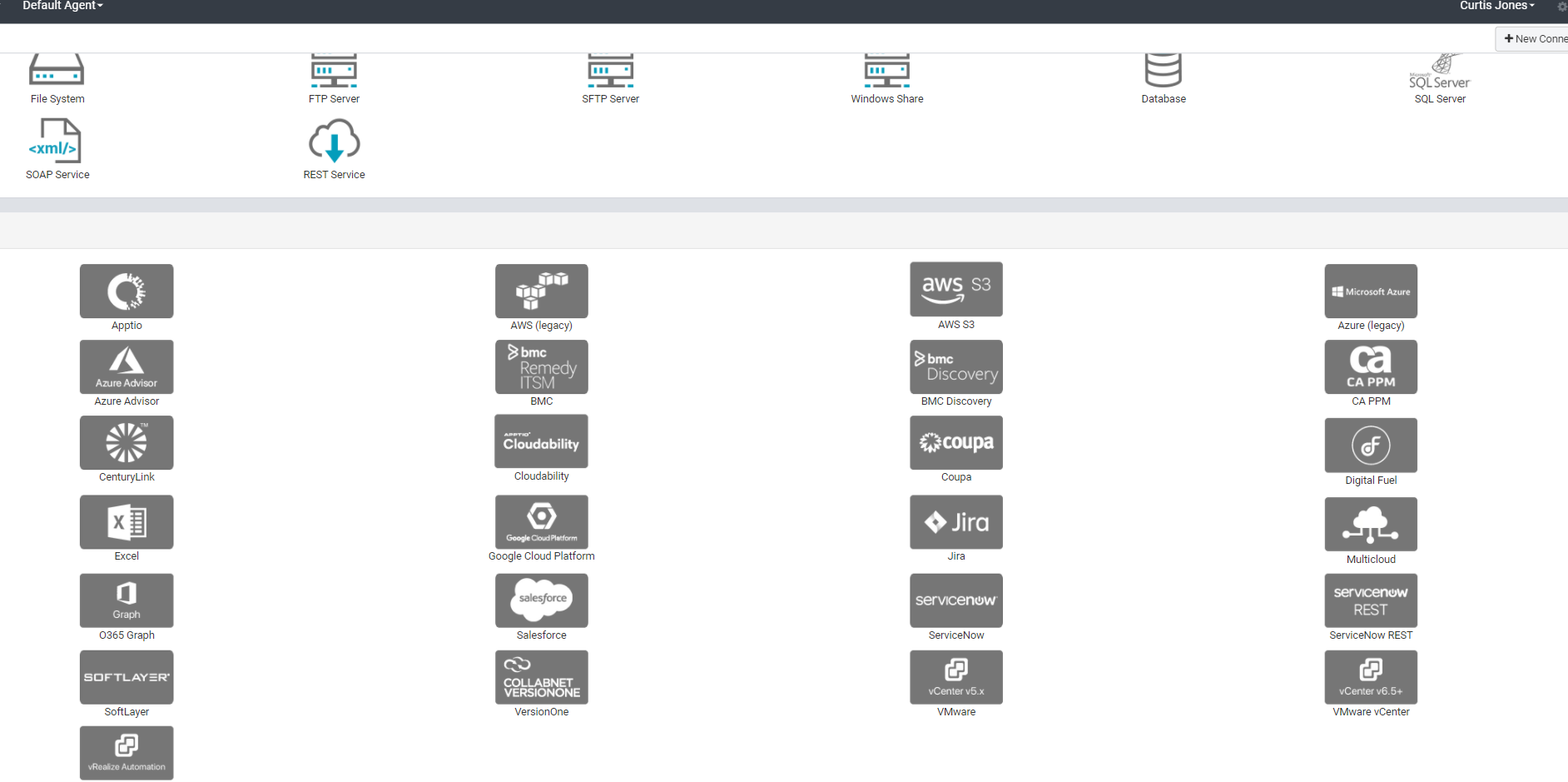Beyond Code: Computational Cybersecurity as a Practice
Abstract
This thesis argues that computational cybersecurity has transcended its technical origins to become a full-fledged practice, akin to established professions like medicine and law. Examining the multifaceted nature of cybersecurity work, the ever-evolving threat landscape, and the ethical considerations embedded within, this analysis posits that continuous learning and professional development are not mere luxuries, but fundamental obligations for computer scientists, cybersecurity specialists, and technologists operating in this domain. To substantiate this claim, the thesis draws parallels between computational cybersecurity and established professional practices, highlighting the shared characteristics of knowledge application, ethical responsibilities, and lifelong learning. Finally, it proposes a framework for continuous learning and professional development tailored to the specific needs of cybersecurity practitioners.
Keywords: Cybersecurity, Practice, Medicine, Law, Continuous Learning, Professional Development, Ethics
1. Introduction
The digital age has ushered in a new era of vulnerability, where our interconnected systems and sensitive data are under constant siege from a diverse and ever-evolving landscape of cyber threats. Countering these threats requires a new breed of professional: the computational cybersecurity practitioner. These individuals operate at the nexus of technology, strategy, and human behavior, employing their technical expertise to defend against malicious actors and safeguard critical infrastructure. Yet, despite the crescente importance of this role, the nature of computational cybersecurity as a practice remains under-examined. This thesis seeks to remedy this oversight by demonstrating how cybersecurity shares crucial characteristics with established professional practices like medicine and law, thus necessitating a similar commitment to continuous learning and professional development.
2. From Technology to Practice: The Evolution of Cybersecurity
Cybersecurity began as a purely technical endeavor, rooted in the arcane language of code and algorithms. Early practitioners were hackers turned defenders, wielding their understanding of vulnerabilities to build defensive systems. However, the increasing sophistication of cyber threats and the expanding attack surface necessitated a shift in perspective. Cybersecurity evolved into a practice encompassing not just technical prowess, but also a deep understanding of human behavior, risk management, and legal and ethical considerations. This multifaceted nature necessitates a constant pursuit of knowledge and skill development, mirroring the ongoing learning expected of medical professionals and lawyers.
3. Parallels in Practice: Cybersecurity vs. Medicine and Law
3.1. Knowledge Application: Like physicians diagnosing and treating ailments, cybersecurity practitioners must diagnose vulnerabilities, analyze threats, and implement solutions. Both professions necessitate a firm grasp of complex technical knowledge, coupled with the ability to apply that knowledge in real-time situations with potentially grave consequences. Similarly, lawyers draw upon legal statutes and precedents to navigate complex legal landscapes, much like cybersecurity practitioners leverage threat intelligence and best practices to navigate the ever-shifting sands of the digital realm.
3.2. Ethical Responsibilities: Both cybersecurity and medicine are deeply intertwined with ethical considerations. In medicine, the Hippocratic Oath guides patient care, emphasizing the primacy of "doing no harm". Cybersecurity practitioners, too, face ethical dilemmas surrounding privacy, data protection, and responsible disclosure of vulnerabilities. Similarly, lawyers operate within the bounds of ethical codes, ensuring clients' rights are protected while upholding the principles of justice. Each profession demands ongoing reflection and ethical grounding to navigate these complex challenges.
3.3. Lifelong Learning: The dynamic nature of both the medical and legal fields necessitates continuous learning and professional development. New medical discoveries, evolving legal landscapes, and emerging technologies demand medical professionals and lawyers to actively update their knowledge and skills. Likewise, cybersecurity practitioners must constantly adapt to the ever-changing threat landscape, mastering new attack vectors, defensive techniques, and legal frameworks. In all three professions, failing to keep pace with advancements can have dire consequences.
4. A Framework for Continuous Learning in Cybersecurity
Recognizing the criticality of continuous learning in cybersecurity, this thesis proposes a framework incorporating several key elements:
Formal Education: Pursuing advanced degrees, attending specialized training programs, and participating in industry certifications can provide a strong foundation and keep practitioners abreast of the latest developments. Informal Learning: Active participation in online communities, conferences, and workshops fosters knowledge sharing and peer-to-peer learning. Self-Directed Learning: Devoting time to independent research, reading technical literature, and experimenting with new tools and technologies fuels intellectual curiosity and encourages critical thinking. Mentorship and Networking: Seeking guidance from experienced professionals and building strong industry connections can provide invaluable insights and career advancement opportunities.
5. Conclusion
By drawing parallels with established professional practices like medicine and law, this thesis has argued that computational cybersecurity has evolved into a distinct and demanding practice. Just as doctors and lawyers rely on continuous learning and professional development to stay effective, so too must cybersecurity practitioners embrace a lifelong commitment to honing their skills and adapting to the ever-changing threat landscape. Failure to do so can have significant consequences, jeopardizing not only individual systems and data, but also the broader fabric of digital trust and security. Recognizing cybersecurity as a true practice, with its inherent responsibilities and demands for continuous learning, marks a crucial step towards fostering a more resilient and ethical digital society.
C. JONES Security Architect, and Engineer.
